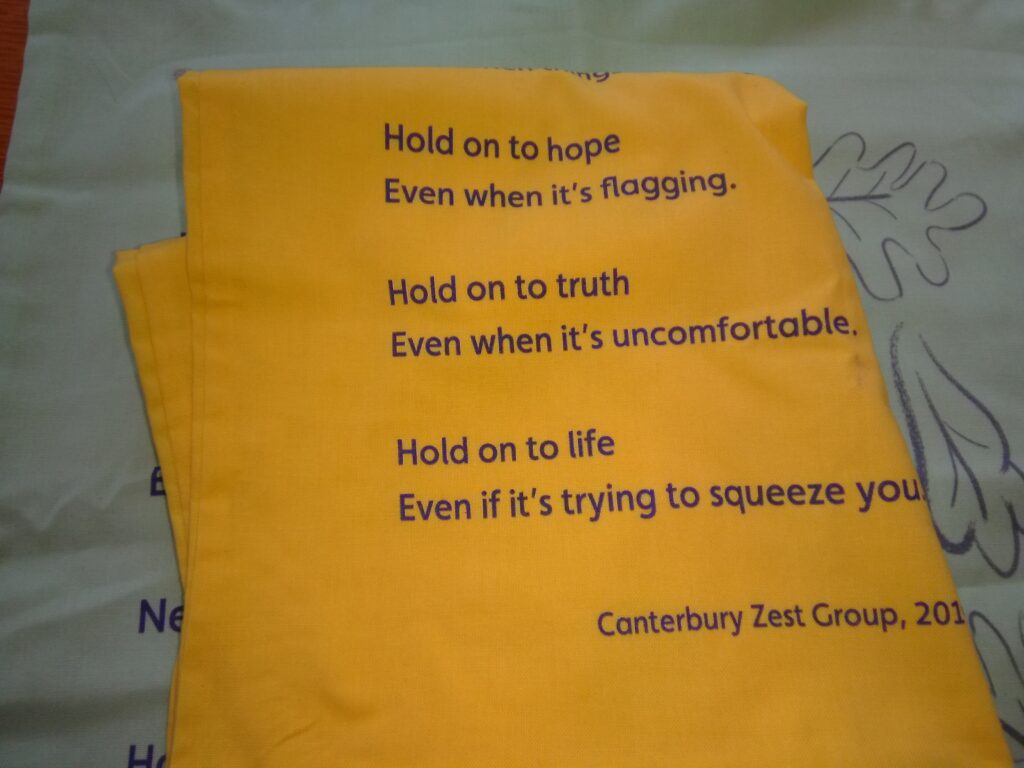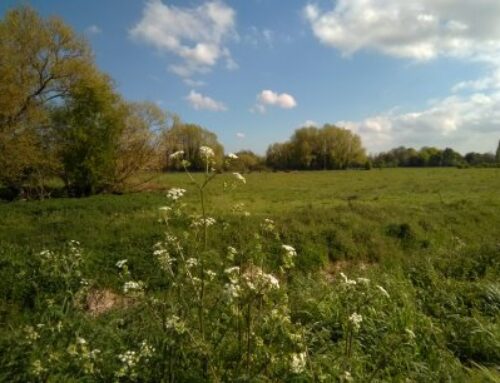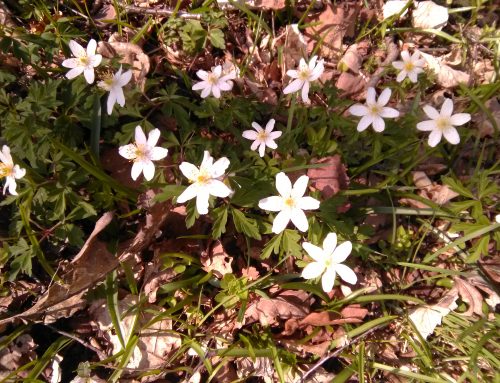
I’ve taken the title of this blog from a poem by Meg Cox which had three of us in giggles on Friday. You can read it here (scroll down).
It’s easy to feel helpless in the face of world events. That’s partly a function of being online, reading rolling news on platforms that are designed to be addictive, to keep us scrolling and clicking, creating the little highs we get from a sense of connection or completion. Now that so much of our previously face-to-face life has moved online, screens can dominate our days more than ever.
So, how wonderful to be doing some work offline. For the past two decades, I have been involved in sharing poetry with people with diagnoses of dementia. I started in Cornwall with Arts for Health, Cornwall and Isles of Scilly on a project with 9 artists running sessions in a series of care homes – everything from clowning, to dance, to writing. At the same time, I had an ongoing NHS commission to work one-to-one with someone at home. That continued for a couple of years and was a profound experience.
Recently in Kent, I’ve been lucky enough to work with inspirational groups here including Funder Films CIC with Jasper Bouverie and Fay Blair on ‘A Few Words About Me’. On that project we witnessed the potential for ‘re-menting’ in an atmosphere of permission, joy, connection and community.
More recently, I’ve worked on Bright Shadow’s inspirational Zest project with Clare Thomas. Poetry written in the Zest groups has popped up everywhere, including on a set of colourful tote bags.
Under lockdown of course all groups have ceased meeting face to face and some of the work has moved on to Zoom. But not everyone is able or wants to participate by computer and Clare asked whether I’d consider doing some poetry sessions over the phone.
I hesitated. The main reason was not wanting to cause harm by confusing or upsetting someone but we agreed to at least give it a go. I began by ordering a set of The Emergency Poet, the anthology of anti-stress poems edited by the inspirational Deborah Alma.
Local artist Rebecca Truscott-Elves designed a book plate. The books were distributed to participants’ homes around Canterbury and Hythe with a photograph of me so that there would be a visual connection with my voice. One person whom I’d never met clocked that the photo is quite old!

Together with someone from Zest, I meet participants on a conference call, some alone, some with a spouse or carer and away we go. Eight sessions in and we’ve read poems, made poems, reminisced, laughed and generally come away uplifted. I then write up the poems we create and these are emailed or posted on and the conversations continue.
And no screens involved – just the old-fashioned phone, books, pen and paper, the human voice and the power of poems.
15 Comments
Leave A Comment
You must be logged in to post a comment.














Nice to hear this really positive story, Vicky.. what an interesting things you have done.. You might be interested to know that I bought the enormous Handbook of Autoethnography with some money I got for a big birthday! Will start it tomorrow and tomorrow and…
All best from Peter
Thanks Peter. Let me know what you think of the big book … when tomorrow comes!
What a lovely post Vicky. And what a great way to connect to folks with dementia. Thank you for this uplifting story.
Thanks Anne – it’s a year and a day since you visited here in Canterbury btw.
This sounds so interesting and worthwhile. How wonderful to return to basic communication and instinct in such a creative way. (Ps I sent PM with my address for sending on publications you offered last week). Thankyou for sharing.
Thanks Karen!
That sounds a lovely, imaginative project. Quite informally, I’ve been sharing poems over the phone with a couple of ‘elderlies’ whom I used to visit before we weren’t allowed to see each other any more in the flesh. This has its challenges (one is pretty deaf, and used to rely a lot on watching my lips) and I’m not sure that the meaning of the poem is what matters, but it’s something about rhythm, and of course the sound of a familiar human voice that seems to communicate. Really glad to know about the book you bought for your work: I’ll follow that one up …. Thanks.
Thanks for this Kate. I think there’s also a transpersonal aspect to both poems and dementia where communication seems to transcend the immediate. Yes, the book is a treasure and I recommend checking out Deborah Alma’s work generally. Hope you are keeping well.
Vicky
What a wonderful, inspirational thing you are doing.
Thanks for sharing
Thanks Marian – it’s really enjoyable – takes a lot of focus but I come away uplifted .. Hope all’s well with you and yours xx
So enjoyed reading this Vicky and see how inspiring it must have been for the people you talked to. Our little Normandy group of four – me, Kay and two friends from Brittany has kept (mostly) to a Friday poem routine that we circulate and comment on. Although no ‘sound’ it has been very helpful I think to all of us to have at least a weekly poetry touch. On our twelfth poem this week. X
That sounds so valuable Brigid, something about regular contact – well, regular anything – that is nurturing and helpful. Love to Normandy x
A great way to include people in these strange days. Sometimes the things we fear turn out to be a delight!
Thank you Vanessa. Indeed, I’m a great fan of the feal-the-fear-and-do-it-anyway dictum.
A wonderful-sounding project, and good to know there is so much poetry, creativity and healing around in Canterbury and beyond, congratulations on building all this.